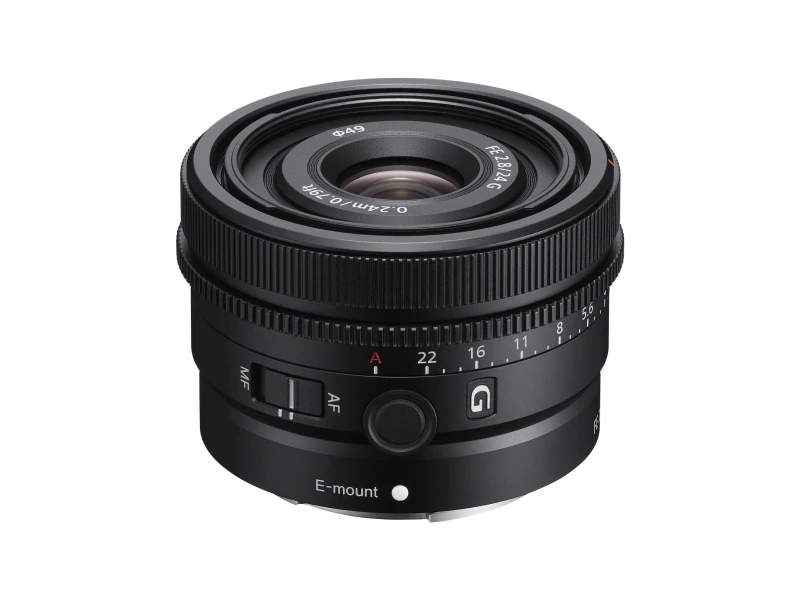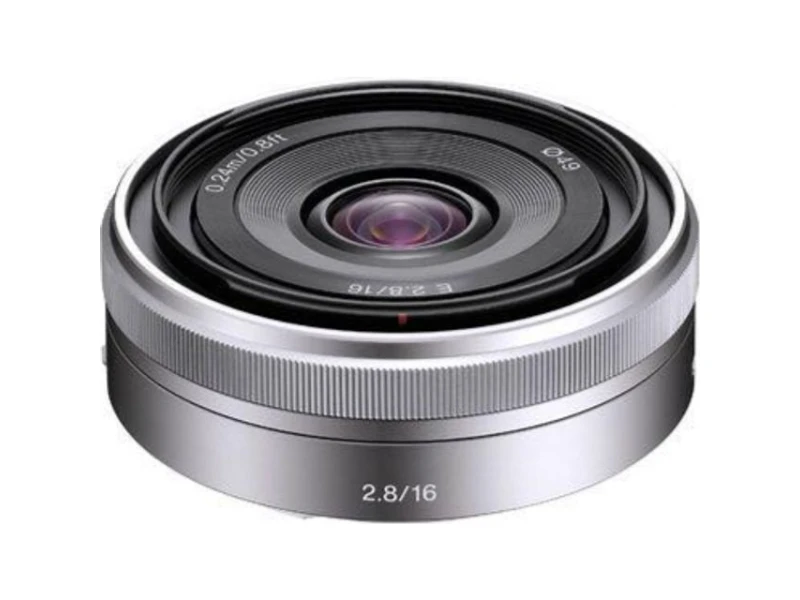Sony FE 24mm F2.8 G vs Sony E 16mm F/2.8
Sony FE 24mm F2.8 G vs Sony E 16mm F/2.8
When comparing Sony E 16mm F/2.8 and Sony FE 24mm F2.8 G, which one is better?
1. Compare weight
The lens that weighs the least of the two is Sony E 16mm F/2.8 which weighs 67 g, compared to the loser Sony FE 24mm F2.8 G which weighs 162 g.
Winner: Sony E 16mm F/2.8
Regarding weight: When it comes to the lens's weight, it's actually more important than many people think that the lens weighs as little as possible — it's simply a pain to lug around a lens that's too heavy when you're photographing or filming for several hours, and a few hundred grams can make a real difference.
2. Compare minimum focusing distance
Both lenses have the same minimum focusing distance and therefore one is not better than the other when it comes to how close the lens can focus.
Winner: Tied
Regarding minimum focusing distance: The lens's minimum focusing distance determines how close you can photograph your subject, such as a face or an animal. If the minimum focusing distance is 50 cm then you cannot get closer to your subject than 50 cm. Macro lenses often have a very low minimum focusing distance so that you can take close-up shots (macro photography).
Specifications
Full specifications table of Sony FE 24mm F2.8 G and Sony E 16mm F/2.8:
| Sony FE 24mm F2.8 G | Sony E 16mm F/2.8 | |
 |  | |
| Brand | Sony | Sony |
| Weight | 162 g | 67 g |
| Mount | Sony E | Sony E |
| Focal Length | 24 mm | 16 mm |
| Largest Aperture | 2.8 | 2.8 |
| Anamorphic Lens | No | No |
| Minimum Focusing Distance | 24 cm | 24 cm |
| Type | Missing | Prime |
| Filter Thread | Missing | 49 |
| Stabilization | No | No |
| Covers a Full Frame Sensor? | Yes | No |
